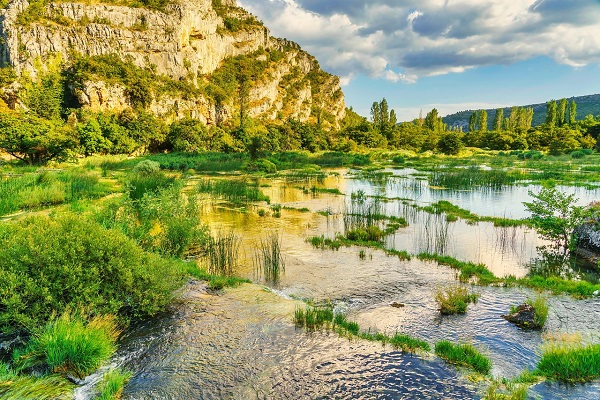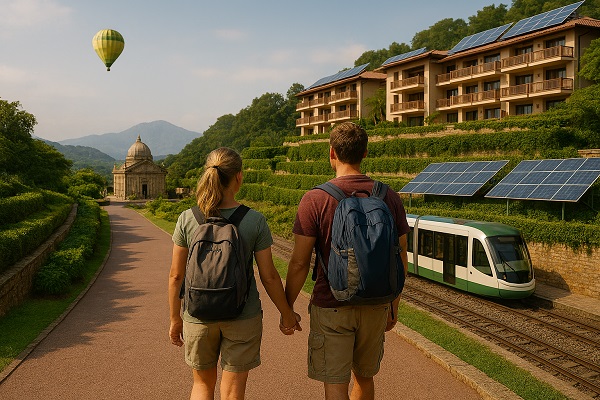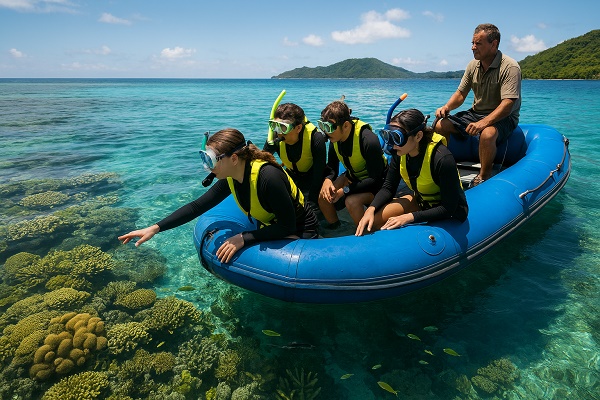Ecotourism: Traveling Responsibly to Protect Nature

What is Ecotourism?
Ecotourism is more than just visiting beautiful natural landscapes. It is about fostering an appreciation for nature, supporting conservation efforts, and engaging with local communities in a way that benefits both the environment and the people. Unlike conventional mass tourism, ecotourism aims to educate travelers about ecological sustainability and the importance of protecting natural habitats.
Key Principles of Ecotourism
Minimize Impact: Reduce waste, pollution, and resource consumption while traveling.
Build Environmental Awareness: Educate tourists about local ecosystems, biodiversity, and conservation challenges.
Support Conservation: Contribute directly or indirectly to the protection of wildlife and habitats.
Respect Local Culture: Honor traditions and support the cultural heritage of local communities.
Benefit Local Communities: Generate income and employment opportunities for indigenous and local people through sustainable tourism.
Popular Ecotourism Activities
Wildlife Safaris: Observing animals in their natural habitats without disturbing them.
Bird Watching: Spotting rare or endemic bird species.
Hiking and Trekking: Exploring forests, mountains, and nature reserves.
Marine Tourism: Snorkeling or diving with coral reefs while promoting marine conservation.
Volunteering: Participating in local conservation projects or community development.
Famous Ecotourism Destinations
Costa Rica: Known for its rich biodiversity and eco-lodges amidst rainforests.
Galápagos Islands, Ecuador: Pristine wildlife habitats with strict eco-friendly regulations.
Kenya: Famous for eco-friendly safari lodges that emphasize wildlife conservation.
Norway: Fjords and natural parks promoting sustainable tourism.
Bhutan: A pioneer in sustainable tourism with strict environmental policies.
Benefits of Ecotourism
Environmental Protection: Helps fund protected areas and conservation initiatives.
Cultural Preservation: Encourages respect and revitalization of indigenous cultures.
Economic Development: Provides sustainable income for rural and remote communities.
Educational Impact: Raises awareness among tourists and locals about environmental issues.
Tips for Responsible Ecotourism
Choose certified eco-friendly accommodations and tour operators.
Avoid disturbing wildlife and natural habitats.
Reduce plastic use and carry reusable items.
Learn about the local environment and culture before visiting.
Support local businesses and buy authentic handicrafts.Ecotourism
























